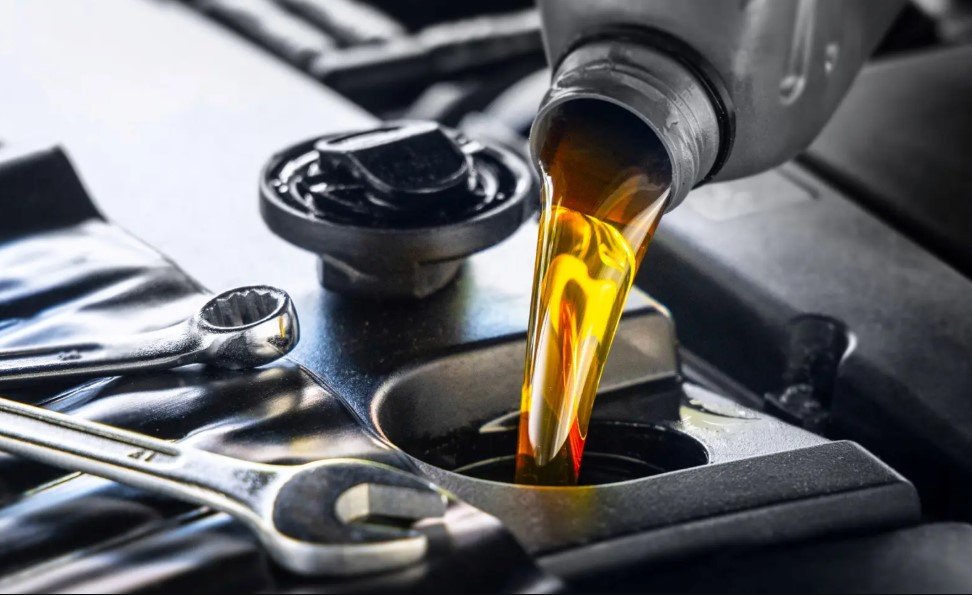Honestly, we cannot say that learning to play the piano is sewing and singing.
Learn music theory, know how to read sheet music, acquire good posture, gain dexterity, master the coordination of the head, hands, and feet … To know how to play the piano you have to know many things (also, many at the same time!). Therefore, learning the piano is difficult, technical, and requires a long period of time.
The piano, together with the guitar, is the best known and most studied instrument. Many people want to learn to play the piano, but you have to dedicate a lot of time to it, as it is a very demanding activity.
As with any learning process, some people evolve faster than others (because, for example, we do not all have the same cognitive and musical predispositions), but every beginner has to face a first phase of total ignorance.
Unfortunately, there is no miracle technique for learning to play in two months.
To gain some autonomy and fluency and feel comfortable with the piano, you have to be motivated, persistent, rigorous and enjoy playing.
What piano to buy to learn to play the piano from scratch?
The first hurdle for any piano learner is choosing the Musical instrument.
First of all, you should understand that there is no use spending a lot of money at the beginning of your learning. An overly sophisticated piano, such as a grand piano or acoustic piano, can slow down the beginner who does not necessarily master all piano techniques.
The student’s choice will be more inclined towards the digital piano or even towards a synthesizer, since this type of instrument facilitates the learning of the piano while improving the learning of music theory little by little.
Next, you will find a small list of the best pianos to get you started in music:
- Yamaha P115, for an average price of $ 650,
- Yamaha P45, for an average price of $ 450,
- Yamaha YDP 142, for an average price of $ 829,
- Roland F20, for an average price of $ 650,
- Kawai KDP 90, for an average price of $ 899,
- Kawai ES8, for an average price of $ 1,490.
Although acquiring a first piano is an investment that should not be taken lightly, remember that you will keep your instrument for several years to learn to play the piano and then move to a more advanced acoustic piano to play the best tunes. Beethoven or Chopin!
Likewise, it is possible to buy a second-hand piano for a reduced price in a specialized site.
Finally, for a piano lesson for children, a portable digital piano will also do very well during the first years of its learning, at a much cheaper price than when buying an adult piano.
Our first tips for learning to Play the Piano:
Do you play the piano or are you just starting out? Here are some tips that will help you!
Even before playing any key, you have to take good posture.
Body Posture:
To play the piano you will not only have to move your hands, but this activity includes the whole body. You have to adopt a suitable and comfortable body posture. A good body posture in general is a necessary condition for playing the piano in the best way.
First of all, stand in the middle of the keyboard. Take the center DO as a reference to place your left hand.
Optimize the height of your chair or stool so that they are neither too high nor too low.
This is the classic posture that is taught to any beginner:
- The elbows: they have to be at the level of the keyboard.
- The forearms: must remain straight, perpendicular to the keys to have a certain range of motion.
- The seat: it is better to use a bench or stool than a chair, since this way you can move better.
- The back: must be straight at all times.
- The shoulders: they have to be slightly tilted back to avoid discomfort, free the chest and allow good breathing.
- The hands: the ten fingers must be slightly flexed, so that the keys can be touched with the tips of the phalanges, almost with the nails. In this way, you will have more strength and power in your fingers.
- The palms of the hands: should be slightly raised, to give greater speed and fluidity to the movements of the hands.
- The feet: should be firmly placed parallel to the ground, at an angle to the legs.
To learn to play the piano, start with short, slow passages. Usually the bass clef is played with the left hand and the G clef with the right hand. Also get used to repeating the rhythm without the melody.
The best way to interpret a song on the piano is to play a sheet music with just the right speed:
- The brain must correctly memorize sound sequences.
- You must develop great dexterity.
- Gain technique: improve your finger movements.
- Make each song or piece your own.
- Show your sensitive side and put it into every nuance.
- Increase the tempo progressively as you progress. If you sign up for class, your piano teacher will be the one to help you adapt the pieces to your learning.
Doing relaxation and breathing exercises can be very useful to learn piano. You can relax and stretch your body before starting to play (especially your wrists, shoulders, and neck). You should avoid all kinds of tension and tension. Thus, you will play in a much more fluid way, and even faster, if you are relaxed instead of tense and stressed.
Being relaxed also influences stamina, as, yes, the piano can be tiring. For some, the piano is a sport. One tip: relax your fingers after playing a note. There is no need to put tension on a key already pressed, since the sound will not change and you will only be able to waste energy.
What if I have small Hands?
There are people who, because they do not have long fingers, believe that they will never be able to play the piano because their hands are incompatible with the instrument. There are those who say that they cannot play the guitar because their fingers are too plump. However, these ideas are nothing more than false excuses made by people who do not want to try or try.
The size of the hands, as well as the length or size of the fingers do not detract from the quality of the pianist. Also, having small hands can favor color movements (do – do # -re)!
Now that you know how to maintain a correct posture, you may ask yourself the following question: can we learn self-taught or is it necessary to sign up for piano lessons?





